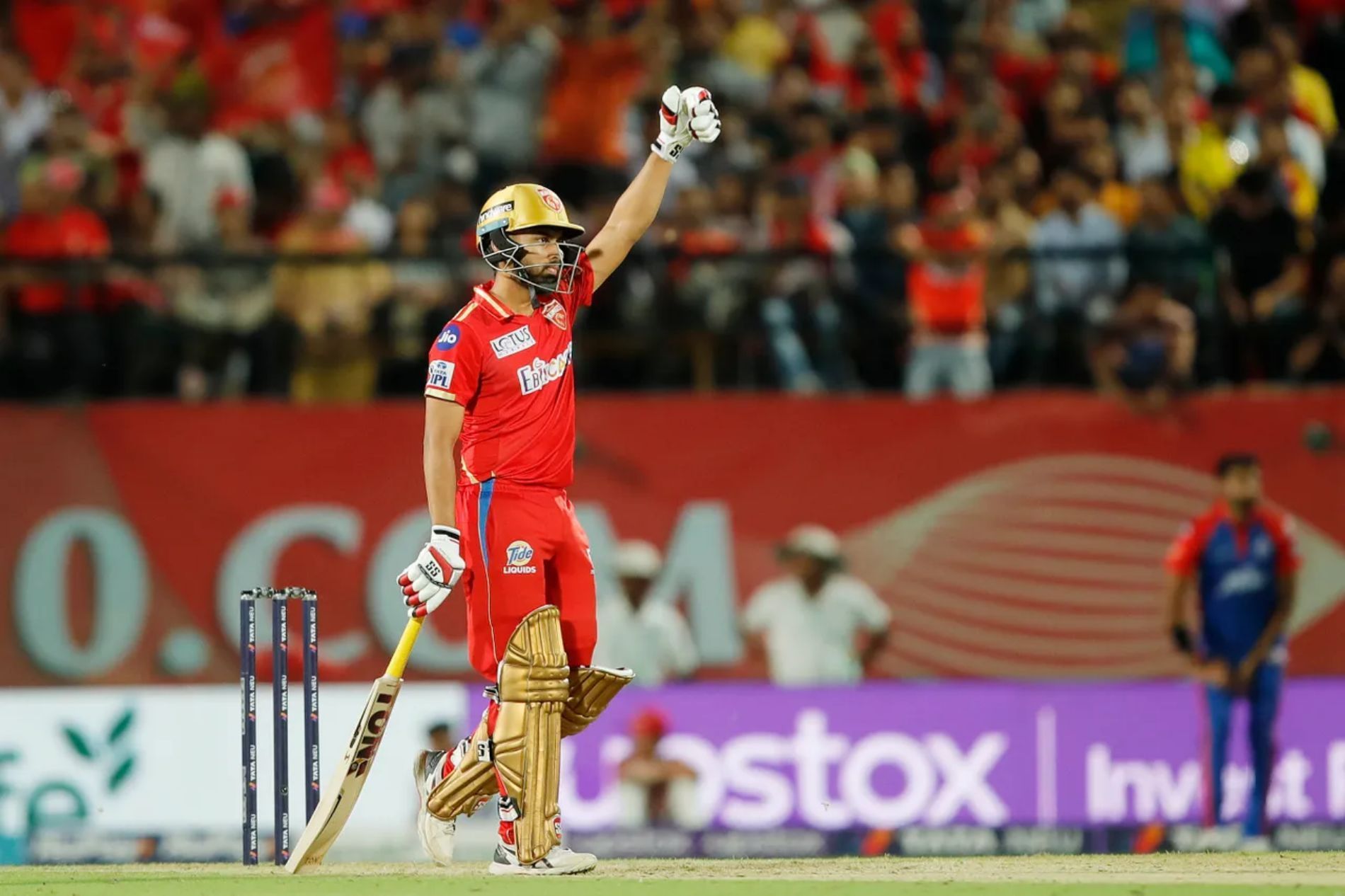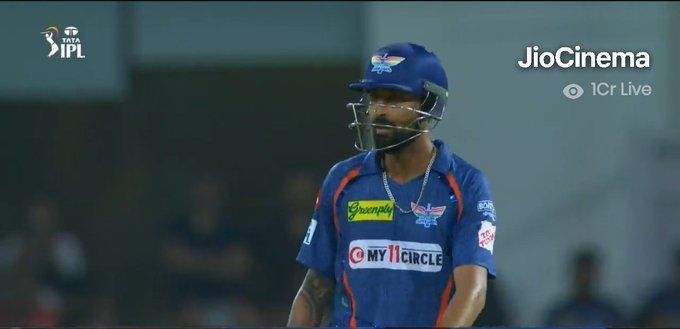
Retired out vs retired hurt - what is the difference?
In the Indian Premier League (IPL) 2023 match between Punjab Kings (PBKS) and Delhi Capitals (DC) on Wednesday, May 17, Atharva Taide “retired out” after the end of the 15th over in PBKS’ innings.
The batter had scored 55 off 42 balls, hitting five fours and two sixes, but then walked back to the dugout, bringing aggressive hitter Jitesh Sharma to the crease.
Something similar occurred during a game between Rajasthan Royals (RR) and Lucknow Super Giants (LSG) during IPL 2022, which marked the first instance of a player walking back “retired out” in the Indian T20 league.
Ashwin returned to the dugout in the 19th over after scoring 28 runs off 23 balls. Riyan Parag replaced him and joined Shimron Hetmyer in the middle. RR went on to win the game by three runs and many hailed Rajasthan’s tactics.
Now, cricket fans might be slightly confused over how retired out is different from retired hurt. We explain the difference.
Retired out and retired hurt: What the terms specify
Retired out is not something new to the game, but it’s a ploy that is very rarely used, which could change soon, especially in T20 cricket. Retired out is basically a tactical substitution wherein a batting side can replace a batter if they feel someone can do a better job for the team, keeping the game situation in mind.
If we look at the PBKS v DC IPL 2023 clash, Taide had done well to score a half-century but was struggling to find the boundaries. Since Punjab needed 86 off the last five overs, they wanted an attacking batter, who could support Liam Livingstone out in the middle. Hence, Jitesh Sharma walked into bat for Taide. The move did not pay dividends as Jitesh was dismissed for a duck. However, the cricketing logic behind the decision was pretty clear.
Speaking of retired hurt, the term is self-explanatory. If a batter is unable to continue batting because of injury or illness, he can “retire hurt”, which is what Lucknow Super Giants (LSG) captain Krunal Pandya did in the IPL 2023 match against Mumbai Indians (MI), when he hobbled off the field after scoring 49 off 42 balls.
According to the Marylebone Cricket Club’s (MCC) laws of cricket, a batter is deemed retired hurt if he is unable to continue because of illness, injury, or any other unavoidable cause. The umpire’s permission is sought for the same.
MCC law 24.4 on batters retiring
25.4.1: A batter may retire at any time during his/her innings when the ball is dead. The umpires, before allowing play to proceed, shall be informed of the reason for a batter retiring.
25.4.2: If a batter retires because of illness, injury, or any other unavoidable cause, that batter is entitled to resume his/her innings. If for any reason this does not happen, that batter is to be recorded as ‘Retired - not out’.
24.5.3: If a batter retires for any reason other than as in 25.4.2, the innings of that batter may be resumed only with the consent of the opposing captain. If for any reason his/her innings is not resumed, that batter is to be recorded as ‘Retired - out’.


